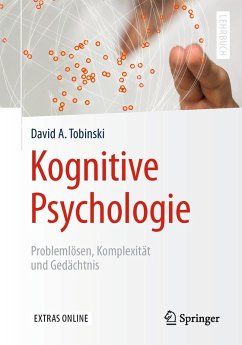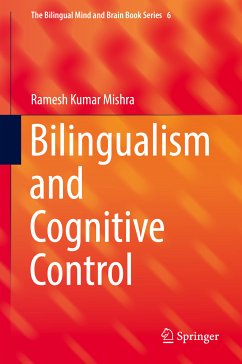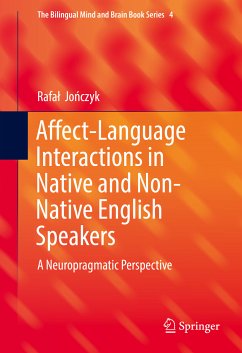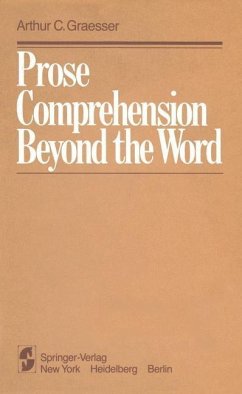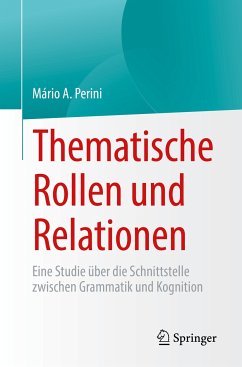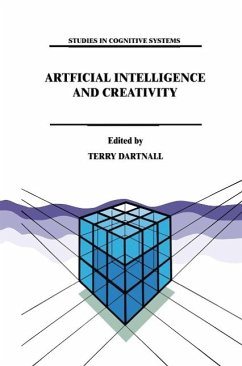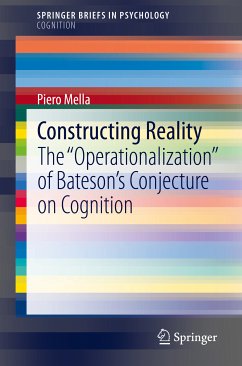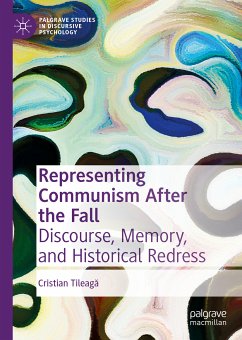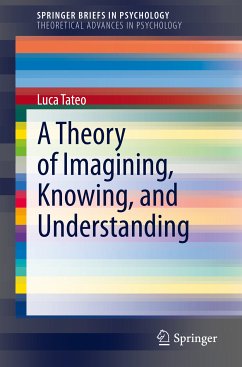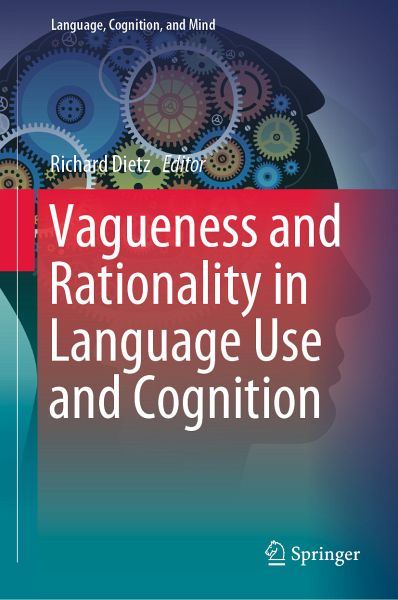
Vagueness and Rationality in Language Use and Cognition (eBook, PDF)

PAYBACK Punkte
36 °P sammeln!
This volume presents new conceptual and experimental studies which investigate the connection between vagueness and rationality from various systematic directions, such as philosophy, linguistics, cognitive psychology, computing science, and economics. Vagueness in language use and cognition has traditionally been interpreted in epistemic or semantic terms. The standard view of vagueness specifically suggests that considerations of agency or rationality, broadly conceived, can be left out of the equation. Most recently, new literature on vagueness has been released which suggests that the stan...
This volume presents new conceptual and experimental studies which investigate the connection between vagueness and rationality from various systematic directions, such as philosophy, linguistics, cognitive psychology, computing science, and economics. Vagueness in language use and cognition has traditionally been interpreted in epistemic or semantic terms. The standard view of vagueness specifically suggests that considerations of agency or rationality, broadly conceived, can be left out of the equation. Most recently, new literature on vagueness has been released which suggests that the standard view is inadequate and that considerations of rationality should factor into more comprehensive models of vagueness. The methodological approaches presented here are diverse, ranging from philosophical interpretations of rational credence for vagueness to adaptations of choice theory (dynamic choice theory, revealed preference models, social choice theory), probabilistic models of pragmatic reasoning (Bayesian pragmatics), evolutionary game theory, and conceptual space models of categorisation.
Dieser Download kann aus rechtlichen Gründen nur mit Rechnungsadresse in A, B, BG, CY, CZ, D, DK, EW, E, FIN, F, GR, HR, H, IRL, I, LT, L, LR, M, NL, PL, P, R, S, SLO, SK ausgeliefert werden.



